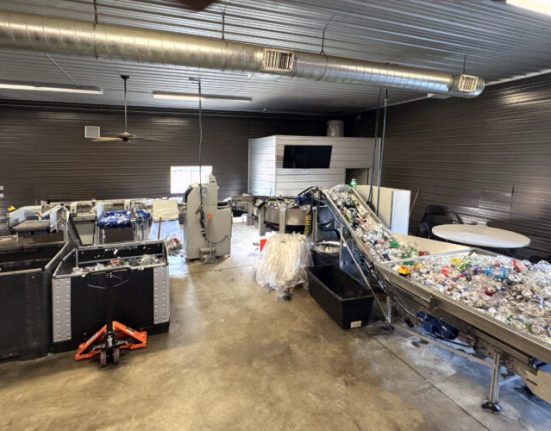Some adults with learning disabilities could be raising their risk of financial harm due to struggles to access banking services, a report has warned.
Informal workarounds are being used to help some people with a learning disability to get by financially, including handing over Pins to others and allowing family members to impersonate them on the phone.
The research was published by Project Nemo – a not-for-profit campaign for disability inclusion in banking and financial technology – and sponsored by Nationwide Building Society.
Around a third (32%) of adults with a learning disability who took part in the research did not have their own bank account.
Some of those who took part in the research said they struggle with passwords or logins, or find it difficult to talk to bank staff, or find security checks hard to complete.
The report also argued that the general shift away from payments made using coins and banknotes may have left vulnerable people behind.
The report recommended that financial technology developers and financial services providers should include clear and simple language in banking features, with visual explanations where possible.
The ability to intercept “risky” purchases could also help to bolster people’s independence, the report said.
Features for products should include savings pots, a calm mode to reduce overwhelm, and wearable alternatives to payment cards, researchers suggested.
Researchers carried out in-depth interviews as well as a survey of more than 1,600 people who identified as having a characteristic of vulnerability.
Kris Foster, co-founder of Project Nemo, urged banks to “break down the existing barriers”.
Kathryn Townsend, Nationwide’s head of customer vulnerability and accessibility, said: “Everyone deserves to manage their money with confidence, dignity and independence.”
Jon Sparkes, chief executive of charity Mencap, said: “People with a learning disability tell us that they can struggle to make payments safely because of complex banking systems, inaccessible payment options and a lack of ‘easy read’ information.
“Because of these barriers, many worry about being more vulnerable to financial abuse and not being able to spend their money in the way they want to. Project Nemo’s work is a hugely important step towards ensuring the 1.5 million people with a learning disability across the UK can make their financial choices safely and independently.”
A spokesperson for trade body UK Finance said: “The banking and finance industry is committed to helping all customers. Firms offer a range of services to help support customers with learning disabilities, and we encourage people to contact their bank to discuss the options available. The industry also works with various third sector organisations to help them understand challenges customers face and improve accessibility.
“To ensure cash access is still available for all, customers are able to withdraw and deposit money in banking hubs and post offices across the UK.”
UK Finance also released a report on Thursday into progress made by banks following the introduction of the Disability Finance Code for Entrepreneurship (DFCE) in December 2024, which aims to improve the entrepreneurial landscape for people with disabilities.
The code sets out commitments to further widen opportunities for disabled entrepreneurs, including providing people with accessible and practical support, such as mentoring and networking events.
The report said banks’ initiatives include establishing specific teams dedicated to disability inclusion, with a focus on tracking and supporting people who identify as having a disability.







